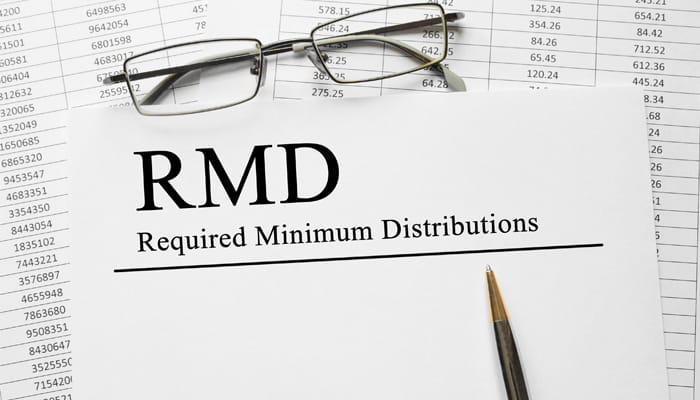
Employees Are Delaying Retirement
Covering living expenses in retirement and having predictable retirement income are common financial goals. However, concerns about inflation, health care, and market volatility have worsened perceptions of retirement preparedness. New research indicates that worry and frustration have increased since 2021, and employees aged 35-44 report feeling confused.[i]
For about 40% of workers, inflation and rising living costs are expected to delay their planned retirement by an average of four years. Employees who expect to retire later than initially planned cited the following reasons for their decision[ii]:
- Worried about not having enough income for retirement (73%)
- Retirement savings have declined due to market volatility (47%)
- Concerned about a future market crash (44%)
- Won’t be able to live the life I want in retirement (43%)
- Had to reduce savings amount due to inflation/cost of living (42%)
- Had to withdraw money from savings due to inflation/cost of living (21%)
While the relationship between the age of a workforce and its cost is complex, delayed retirements typically result in higher costs for employers. About 67% of employers report being concerned about delayed worker retirement because of the[iii]:
- Impact to their ability to hire new employees, reducing the inflow of new ideas and talent
- Increase health and benefit costs
- Increase compensation costs
- Impact to their ability to promote, triggering higher turnover due to the lack of advancement opportunities
- Decrease in team morale
- Negative impact on employees’ mental and physical health
- Lower productivity
In a perfect world, employees would be able to retire as planned, and employers would, therefore, be better able to manage workforce resources and costs. The good news is that employers are in a position to support employees in their efforts to prepare for retirement. The following practices may benefit employers and employees alike. [iv]
Roll-out Improved Plan Features
- Consider features that help increase employee retirement contributions, such as adopting matching contribution formulas, automatic enrollment features, and automatic escalation to encourage employees to start saving earlier and at higher rates.
- Add voluntary benefits that offer guaranteed lifetime income products.
- Provide Qualified Default Investment Alternatives, such as target date funds.
Offer Employee Education
- Provide tools that help illustrate the benefit of contributing at a rate that allows them to take full advantage of the matching contribution and help optimize participation in the company’s retirement plan.
- Provide saving and investment education.
- Planning tools to set and gauge progress toward investment goals.
Adopt a Holistic Approach to Financial Wellness
- Offer workplace wellness programs that teach budgeting, expense management, and debt repayment.
- Provide student loan repayment programs.
- Facilitate savings with payroll deduction vehicles, such as 529 plans for college funding.
- Add voluntary benefits to help employees address other risks, such as critical illness and accident insurance.
- Encourage participation in health wellness programs that could reduce the probability of health issues in the longer-term, unscheduled absences, and out-of-pocket health expenses.
Many factors influence an employee’s decision to delay retirement. With data analytics, experienced financial professionals can provide valuable insight into how retirement plan features and programs can drive successful retirement outcomes, including the ability to help employees retire as planned. Contact AssuredPartners Investment Advisors to learn more.
[i] 2022 Nationwide In-Plan Lifetime Income Survey
[ii] Ibid.
[iii] Ibid.
[iv] “Why Employers Should Care About the Cost of Delayed Retirements,” Prudential, 2019

Related articles

As 2025 winds down, retirement plan sponsors face a critical opportunity to reflect, recalibrate, and prepare for the year ahead. December is more than a time for closing the books—it’s a strategic...

Required Minimum Distributions (RMDs) are a critical part of retirement planning, ensuring that tax-deferred retirement savings eventually become taxable income. With the implementation of the SECURE...

As the workforce ages and caregiving responsibilities increase, long-term care (LTC) is becoming a critical issue for employers and plan sponsors. Yet, many organizations still overlook LTC in their...